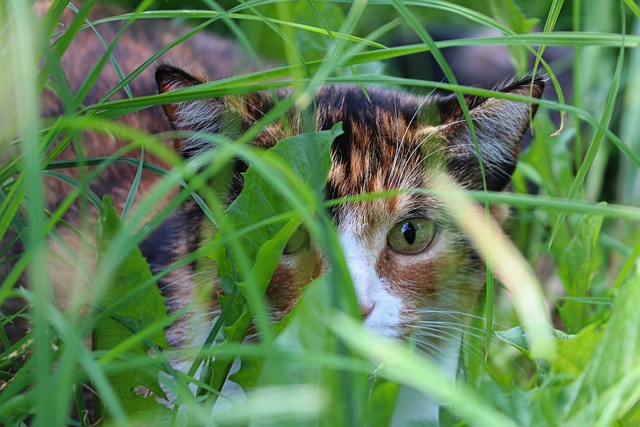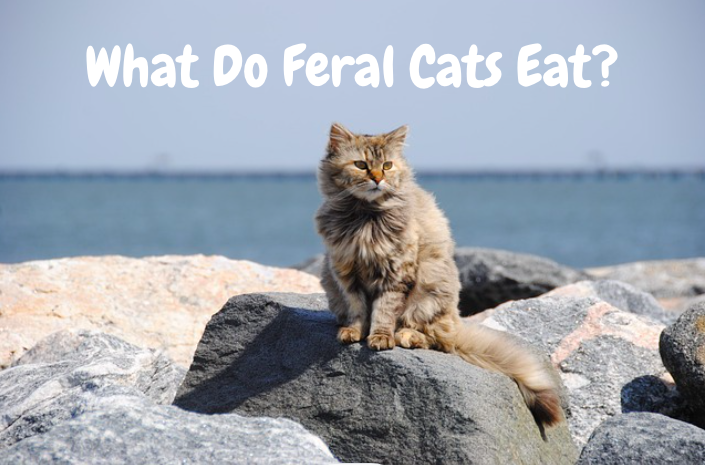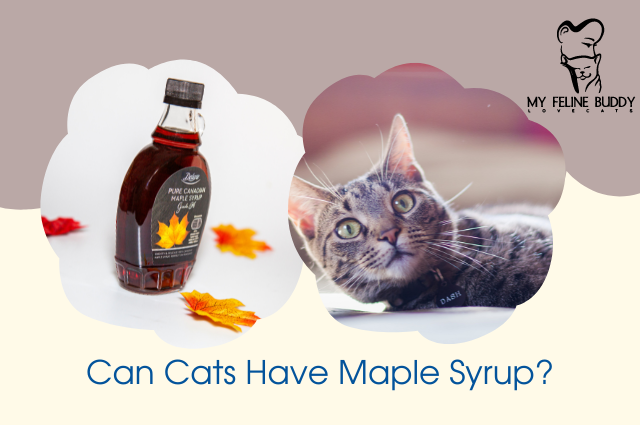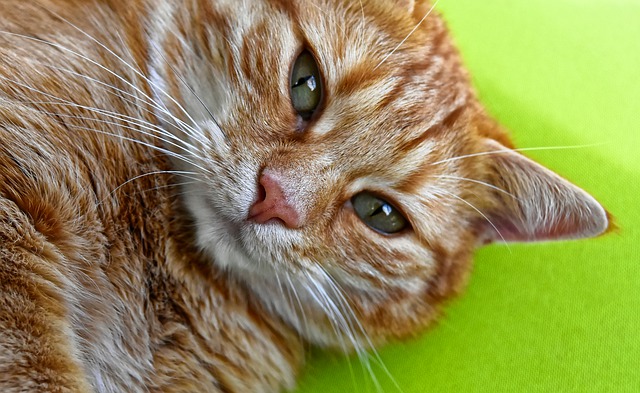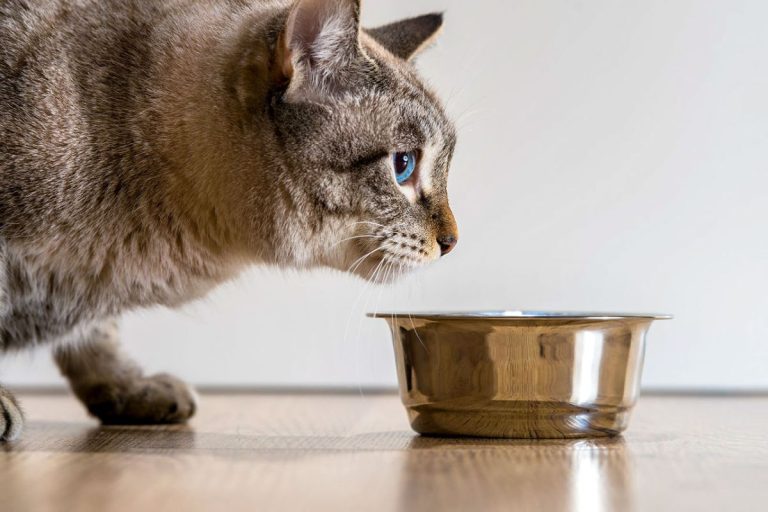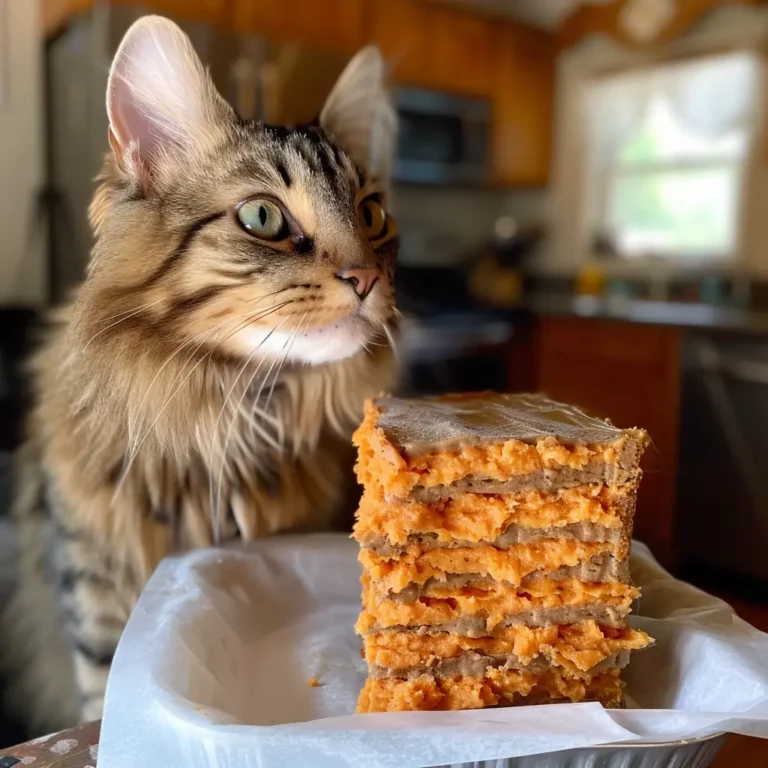Barley Grass for Cats
Every responsible
But a lot of pet parents, especially those who allow their cats to go outdoors, too, might have seen their feline friends munching on grass every now and then.Â
And while grass isn’t necessarily digestible for cats since they are not genetically engineered to process it, it will help with digestion.
The same goes for barley grass for cats, oat, wheat, rye, and a variety of other grass types. Some can be downright dangerous, such as arrowgrass, which tends to produce some health issues in cats, such as convulsions.
In today’s article, we’re looking at several things that you should know about barley grass for cats, such as whether it is the best option you have available, how often you can give your
Barley Grass for Cats
Should cats eat barley grass?
Barley grass is just fine for this species to have on occasion.Â
But as is the case with pretty much anything else that’s not a part of the feline diet, it’s always better to be on the safe side of things.Â
If you have planted barley in your garden or in a herb pot, you can allow your
It’s true that the fiber in barley can assist a
Large amounts of barley grass could lead to intestinal blockages or occlusions, not to mention that they can make your
Barley as an ingredient in cat food
Unfortunately,
I have written about this topic in multiple other posts, including the following:
Grains are a very budget-friendly solution that lots of pet food companies resort to just to bulk up their recipes. Unfortunately, neither cats or dogs are made to eat a lot of grains, especially the first species.Â
Dogs are considered omnivores by comparison to cats, so try to imagine what your
And while barley is perhaps less bad compared to wheat, for example, it’s still a grain type, so you should try to avoid it as much as possible.Â
Opt for pet food varieties that contain healthier fiber sources, such as pumpkin.Â
Barley grass nutrients
When performing a simple Google search, you’ll find out that barley grass is rich in both minerals and vitamins.Â
Some of the minerals that it contains range from calcium and phosphorus to potassium, iron, and magnesium.Â
All of these can be quite essential for a
In terms of vitamins, barley grass is quite rich in the B Complex, containing vitamins B1, B2, B6, and even B12.Â
Another nutrient that can be found in barley grass is beta carotene, which is safe to have by cats in a moderate amount.Â
Finally, barley grass also contains pantothenic acid, which is quite essential for most cats as it allows them to metabolize protein, fat, as well as carbs and turn these nutrients into energy.Â
Potential risks of feeding barley grass to your cat
Digestive distress
If you give your
Whether that means vomiting or diarrhea or just abdominal pain and discomfort, it depends on how much barley grass your
As you know, some animals can have food intolerances, and not all cats are the same.Â
Exposure to contaminants
This is perhaps a risk that you should consider if you plant your own barley in your garden and there are other animals crossing through the area and potentially peeing or pooping on it.Â
Of course, it’s rare that a
Do not spray your barley with any pesticides or other such substances as they are known to be carcinogenic (they can produce cancer).Â
There are some products that come in the form of barley grass powders, and these can be made with barley sprayed with pesticides or weed killers – so make sure that they are sourced from organic barley farms.Â
Frequently asked questions about barley grass for cats
Can I feed my cat barley?
If you’re referring to the grain itself, you might try, but you’ll find that cats are rarely interested in eating barley as is.Â
Is cat grass the same as barley?
Not necessarily.
What kind of grass do cats eat for upset stomach?
They will eat any kind they have access to.Â
As smart as cats are, they do not have the ability to distinguish between one type and the other, maybe with the exception of those that they are not supposed to have (such as those with thorns, poison ivy, and plants with pungent smells).Â
Do indoor cats need cat grass?
Yes. Outdoor cats usually munch on grass even when their pet owners aren’t looking, but indoor cats do not have this luxury.Â
Indoor pets that eat
On the other hand, some cats might use grass to induce vomiting if they feel like they’re suffering from a mild case of indigestion.Â
Can cats drink barley water?
Yes, but we would advise that you do not make it a daily occurrence.Â
Barley water does contain some fiber and even some vitamins, such as B6 and C, and it’s also known to contain some minerals such as iron and magnesium.Â
Some cats will find the taste or smell a little funny, which is why they might not show any interest in drinking barley water, though.Â
Read more: Is arugula bad for cats?
